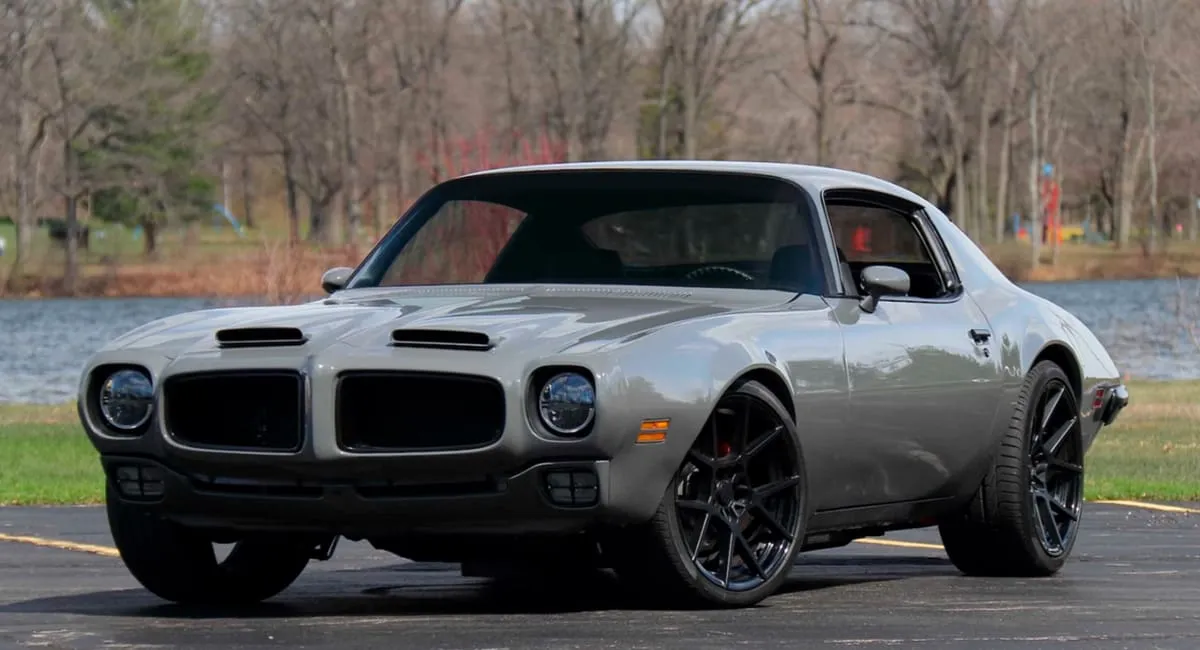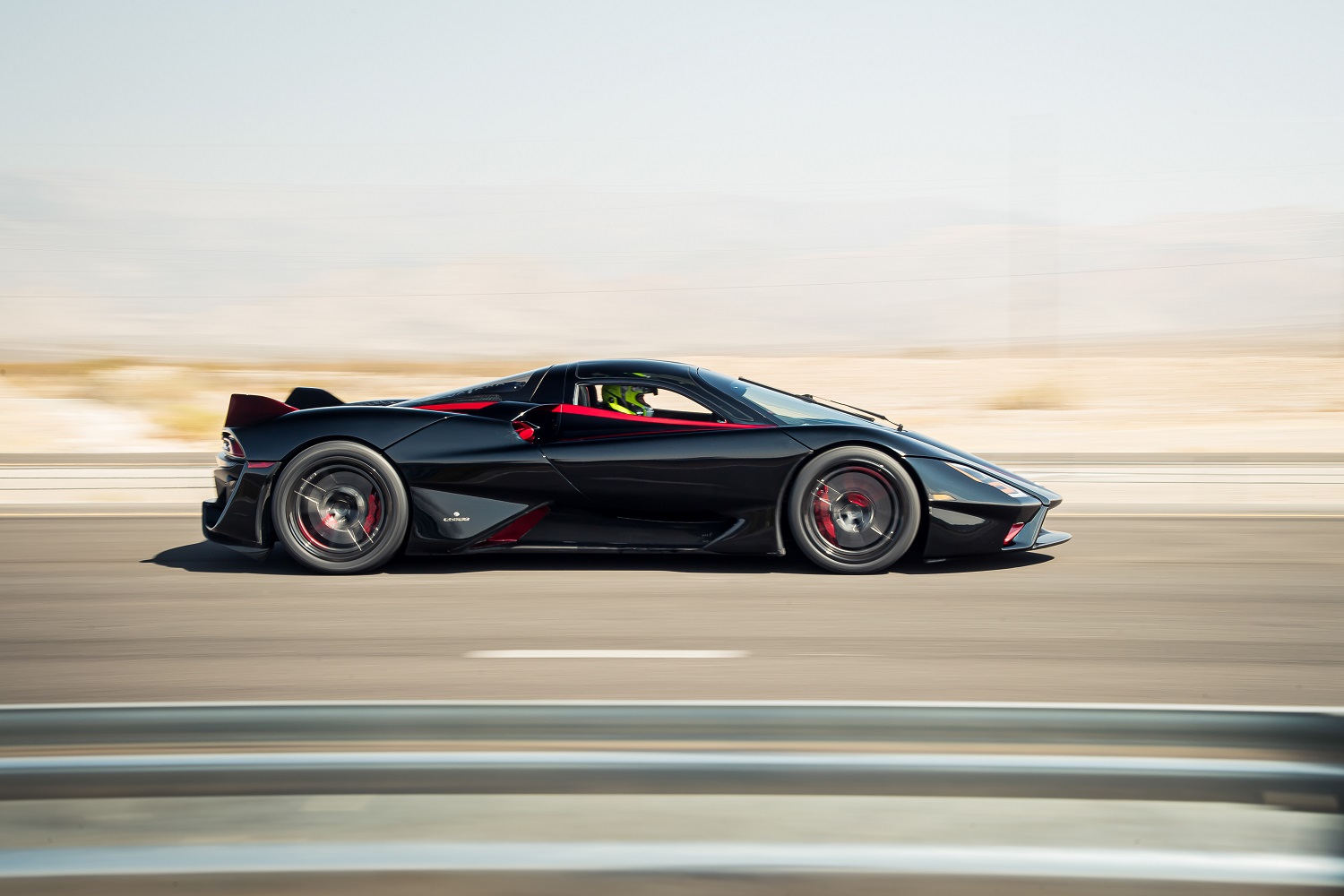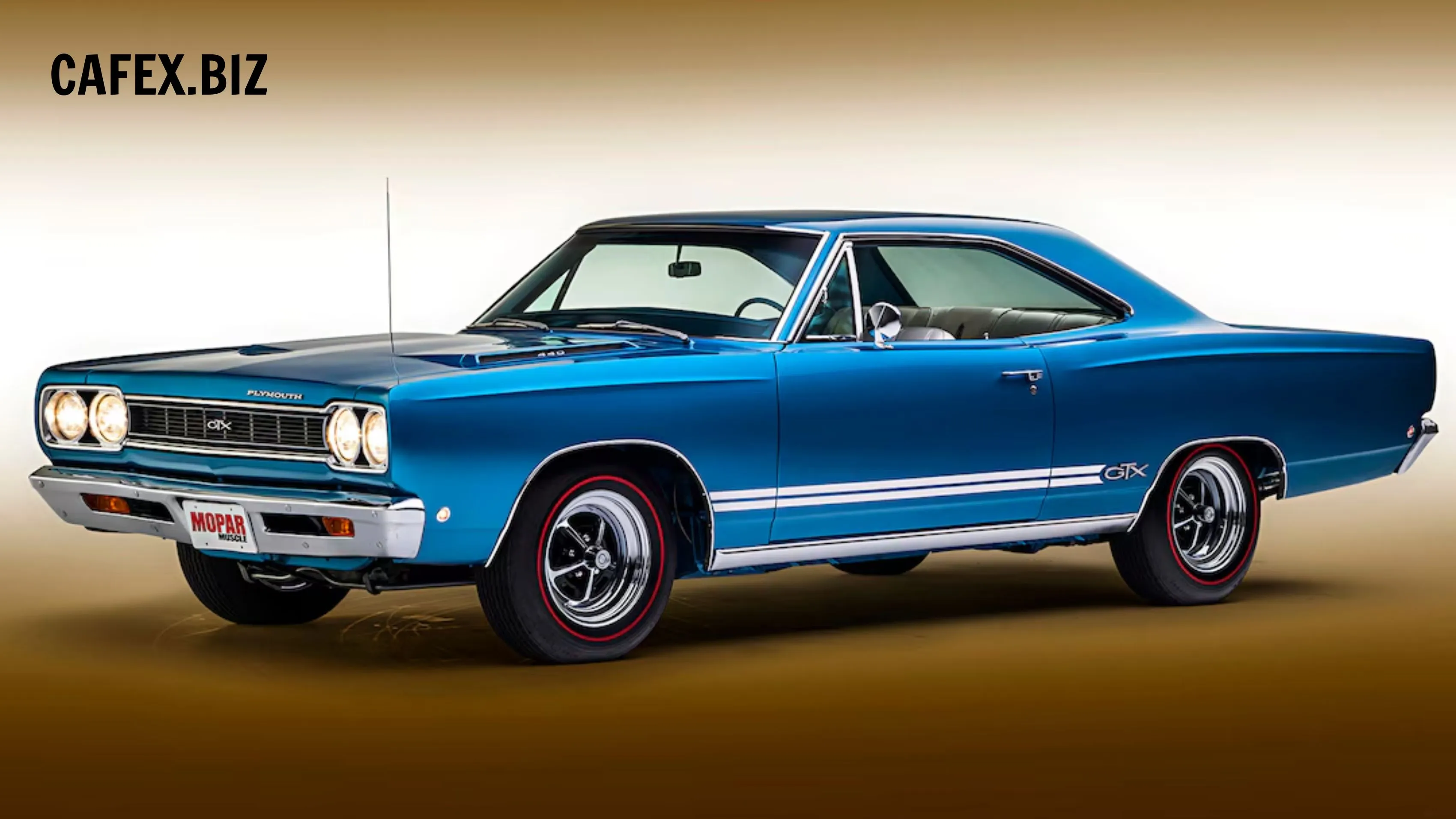Few cars evoke as much nostalgia and adrenaline as the Pontiac Firebird. Known for its aggressive styling, thunderous performance, and lasting cultural impact, the Firebird isn't just a classic muscle car—it’s a digital icon in racing games like Need for Speed, Forza Horizon, and Gran Turismo. From the streets to the screen, this car continues to leave tire marks in both real-world garages and virtual leaderboards.
For gaming enthusiasts and car lovers alike, exploring the story behind the Pontiac Firebird auto—especially the celebrated 2002 Pontiac Firebird—reveals why this ride still commands attention decades after its last production year.
The Birth of a Legend: Pontiac Firebird Origins
The Pontiac Firebird made its debut in 1967 as Pontiac’s answer to the Ford Mustang and Chevrolet Camaro. With shared GM underpinnings, the Firebird quickly developed its own loyal fanbase thanks to its powerful engines, sleek looks, and that unmistakable flaming bird logo on the hood.
Over the years, the Firebird evolved through four generations, each with performance upgrades, new trims (like the Trans Am), and unforgettable design changes. Whether you were cruising in the 70s or tuning a digital version in Midnight Club 3, the Firebird had its foot firmly planted in muscle car history.

The 2002 Pontiac Firebird: The Final Flame
The 2002 Pontiac Firebird represents the last year of production before the Firebird—and later the entire Pontiac brand—was discontinued. For many fans, this model is a high point in Firebird history, combining modern engineering with classic muscle DNA.
Key Features of the 2002 Firebird:
-
Engine: 3.8L V6 (base) or 5.7L LS1 V8 (Trans Am/WS6)
-
Horsepower: Up to 325 hp
-
Transmission: 4-speed automatic or 6-speed manual
-
0–60 mph: ~5.0 seconds (WS6 variant)
-
Top Speed: Around 160 mph
The Pontiac Firebird auto transmission was preferred by daily drivers and casual racers, while performance purists often opted for the manual for full control.
This final model was aggressive, fast, and loud—everything a muscle car should be. No wonder it continues to feature in racing games and car simulators today.

Pontiac Firebird in Gaming: Why It Stays Relevant
Even though the Firebird hasn’t rolled off assembly lines in over 20 years, it thrives in the gaming world. From pixelated drag races to realistic racing sims, the Pontiac Firebird is a go-to favorite for players looking for a mix of retro flair and raw power.
Top Games Featuring the Firebird:
-
Need for Speed: Payback – Offers extensive tuning options for the Firebird.
-
Forza Horizon series – Lets players mod classic Firebirds into modern beasts.
-
Gran Turismo 7 – Features detailed recreations of vintage models.
-
Car Mechanic Simulator – Allows players to restore a rusted Firebird to showroom condition.
Gamers love the Firebird not just for its performance but for its attitude. Its bold look, combined with deep exhaust growls and customizable parts, make it a favorite in both competitive and sandbox modes.

Customization and Tuning Potential
In games that allow car customization, the Pontiac Firebird auto becomes a blank canvas. Players often lower the suspension, add aftermarket spoilers, install superchargers, and fine-tune every element to create the ultimate racing machine.
Popular Mods in Games and Real Life:
-
Turbocharging the V8 for maximum output
-
Custom paint jobs, often with firebird decals
-
Suspension upgrades for better handling
-
Exhaust swaps for deeper, more aggressive sound
The 2002 model is particularly prized in mods-heavy games due to its balance between modern hardware and old-school muscle.
Pontiac Firebird Auto: Is It Still a Good Buy?
Yes—if you can find one.
Thanks to its appearance in games and car culture revival, the Firebird is gaining popularity as a collectible. The 2002 Pontiac Firebird, especially the Trans Am WS6 trim, is in high demand among muscle car fans.
Buying Tips:
-
Mileage matters – Look for under 100,000 miles if possible.
-
Auto vs. Manual – The Pontiac Firebird auto is easier to drive but less sought after by hardcore collectors.
-
Service history – Avoid models with poor maintenance.
-
Price range – Expect to pay $8,000–$25,000 depending on condition and trim.
The Firebird’s Legacy: Still Flying in 2025
Even two decades after its last model year, the Pontiac Firebird is more than a memory—it’s a living part of car and gaming history. Thanks to its powerful design and presence in popular media, it has found new life among digital racers and modding communities.
Whether you're competing online in a fully-tuned Firebird or dreaming of restoring a real one in your garage, this car continues to capture hearts, one roar at a time.
The Pontiac Firebird stands as a testament to timeless design and thrilling performance. From its real-world roots to its popularity in racing games, the Firebird continues to ignite passion in both classic car lovers and modern gamers. The 2002 Pontiac Firebird remains one of the most beloved muscle cars of the early 2000s, and thanks to its widespread availability in games, it lives on in a new generation of digital drivers.
So, next time you boot up your favorite racing title, scroll past the hypercars and give the Firebird a spin. Trust us—it still flies.





